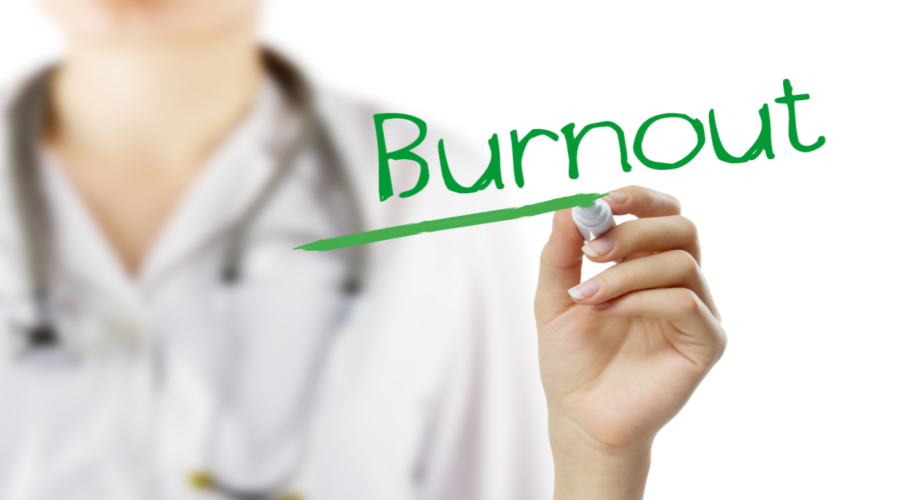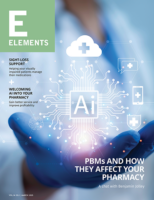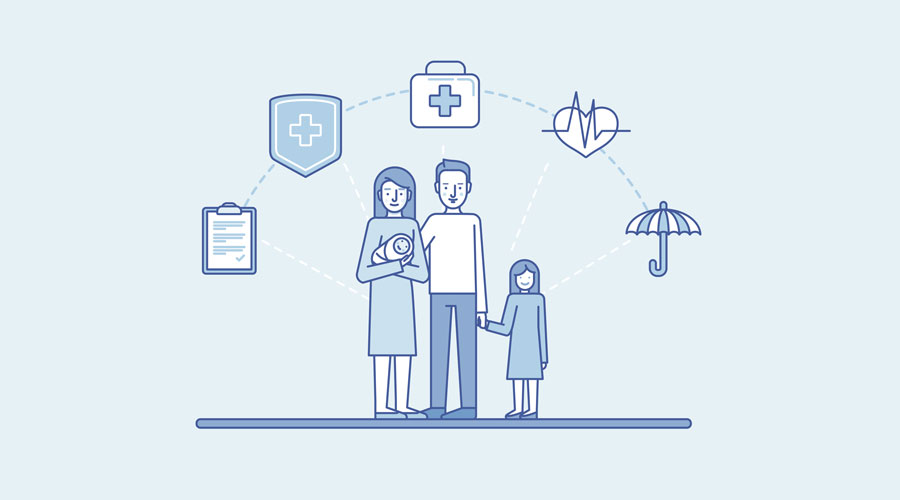You don’t want to do anything else or be anywhere else. You’re personally happy and professionally successful. You love your life.
And yet, you’re almost guaranteed to experience burnout.
Don’t panic. Burnout is normal. And it’s nearly inevitable in any profession, but especially a high-stress, fast-paced environment that requires a precise attention to detail with little to no room for error. Let’s take a look at burnout—what it is, what causes it, how to recognize it, and how to help yourself and others.
Common causes
Burnout is usually caused by a heavy workload. One minute you’re on the phone, the next you’re at the drive-thru, and then you’re facing mountains of paperwork. And that’s on a normal day. You’re in an industry that’s constantly going through major changes, from DIR fees to PBM reform and from regulatory requirements to market fluctuations. Just the uncertainty involved in changes—or anticipated changes—can lead to stress.
In addition, the role of the pharmacist is undergoing major changes. More pharmacists are addressing gaps in healthcare and taking on increased responsibilities, such as clinical care duties. Meanwhile, you’re constantly thinking about ensuring your pharmacy and business is ready for the future.
Conditions can become a domino chain, as one complication leads to another. Situations like staffing shortages, drug outages, increased workloads, and the rising costs of drugs are particularly acute in retail pharmacy settings like yours. For example, shortages or insurance complications can lead to the allocation of life-saving treatment. That leads to more complicated, but sometimes overlooked, factors that can lead to increased burnout, like:
- Loss of pharmacist autonomy
- Mismatched key performance indicators
- increased moral fatigue and moral distress
Warning signs
Burnout is not just feeling stressed or tired. It’s a state of physical, emotional, and mental exhaustion caused by prolonged stress. It often develops gradually, which makes it super easy to overlook warning signs. Some of those signs include:
- Chronic fatigue or exhaustion, both physical and emotional
- Feeling cynical or detached from work
- Reduced productivity
- Increased irritability
- Difficulty concentrating or making decisions
- Physical issues such as headaches, stomach problems, muscle tension, and more
Give yourself a break. Step back and really look at the pressure you’re under. It’s no wonder you might be feeling exhausted. Our next post will outline the steps you and your staff members can take to decrease burnout and get to feeling good again.
A Member-Owned Company Serving Independent Pharmacies
PBA Health is dedicated to helping independent pharmacies reach their full potential on the buy-side of their business. Founded and run by pharmacists, PBA Health serves independent pharmacies with group purchasing services, wholesaler contract negotiations, proprietary purchasing tools, and more.
An HDA member, PBA Health operates its own NABP-accredited warehouse with more than 6,000 SKUs, including brands, generics, narcotics CII-CV, cold-storage products, and over-the-counter (OTC) products — offering the lowest prices in the secondary market.











